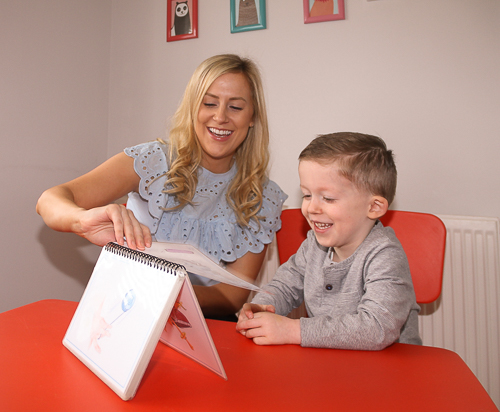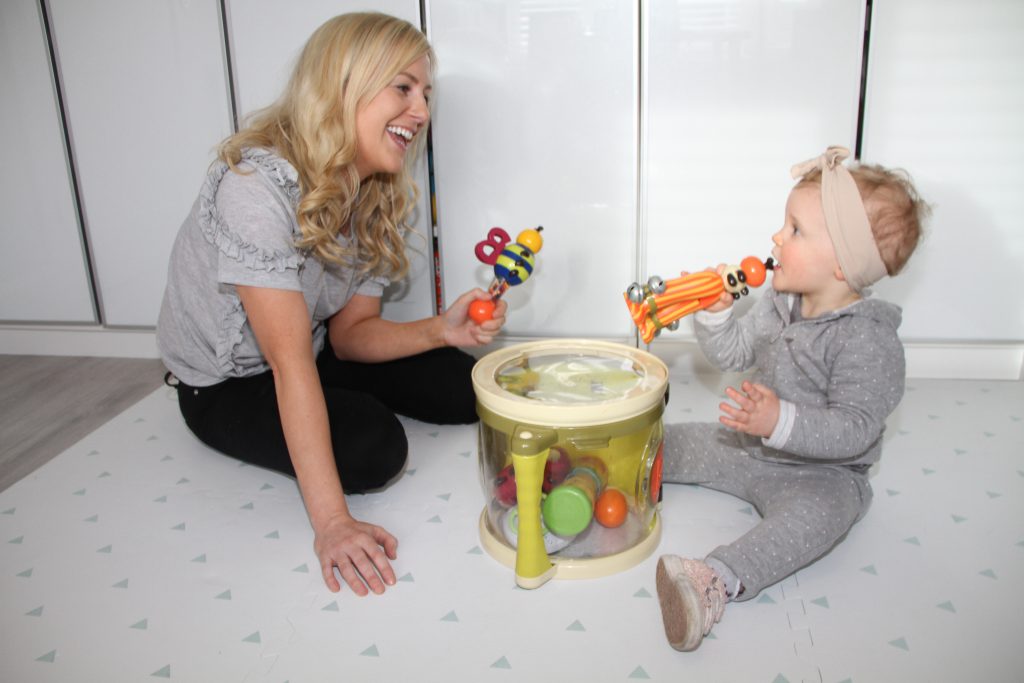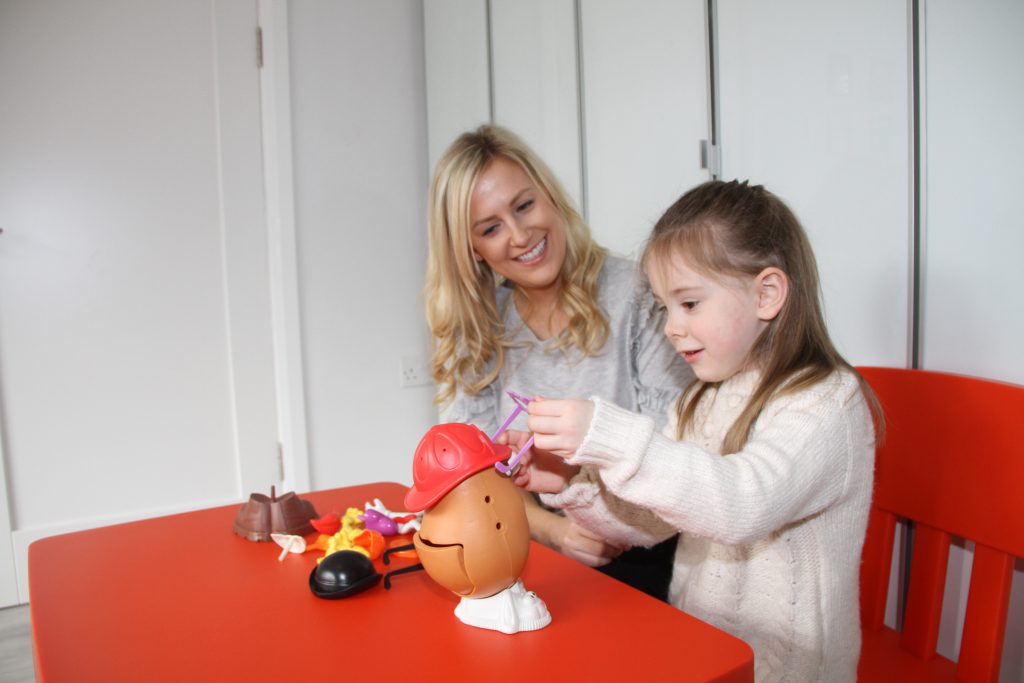We Care About Your Child
All parents want the very best for their children and want to see them succeed in all aspects of their development. SpeakEasy is committed in assisting children and their families to achieve a better quality of life.

Our Specialties

Articulation
Does your child find it difficult to pronounce certain words or are people struggling to understand what they are saying? Some children can present with a phonological delay or disorder, these are also known as speech difficulties. Your child may present with a lisp, or be unable to say a specific sound e.g. ‘r’ or ‘s.’ You may have concerns about Developmental Verbal Dyspraxia (DVD) or Apraxia of Speech (AOS). This can all be investigated during the assessment process. Early intervention is important as there is a link between speech sound production and the development of literacy skills in school-aged children.

Autism
We support autistic children by focusing on their strengths and helping with areas where they may need support, whether they have a formal diagnosis or not. This may include developing verbal or non-verbal communication, exploring alternative communication methods (e.g. AAC devices), and fostering meaningful interactions. Working collaboratively with the child and their family, we tailor strategies to enhance communication in a way that respects and supports their natural way of interacting with the world.

Receptive Language Difficulties
Receptive language difficulties occur when your child has difficulty understanding language or following instructions. They may get lost in conversations, find it difficult responding to questions or finding the ‘right’ word to use in conversation. This can sometimes be difficult to identify initially as children are very skilled at picking up on clues in the environment to support their understanding. Receptive language difficulties may cause your child difficulties learning in the classroom and interacting with and understanding their peers and family members at home.

Expressive Language Difficulties
Expressive language difficulties occur when your child has difficulties using vocabulary, describing things, grammar or ordering words into a coherent sentence. There are many skills your child needs to use in order to communicate their message. Language difficulties result in many barriers e.g. social relationships, accessing the curriculum and expressing wants and needs.
Sarah also has extensive experience working with children with a varied range of speech and language difficulties including (but not limited to):
-
Late talkers / prematurity
-
Delayed development of play skills
-
Developmental Language Disorder – DLD (previously known as Specific Language Impairment (SLI)
-
Selective Mutism
-
Autistic Spectrum Disorder (ASD)
-
Down Syndrome (DS)
-
Intellectual Disability (ID)
-
Attention and Listening Difficulty or Reduced Attention Span
-
ADHD
